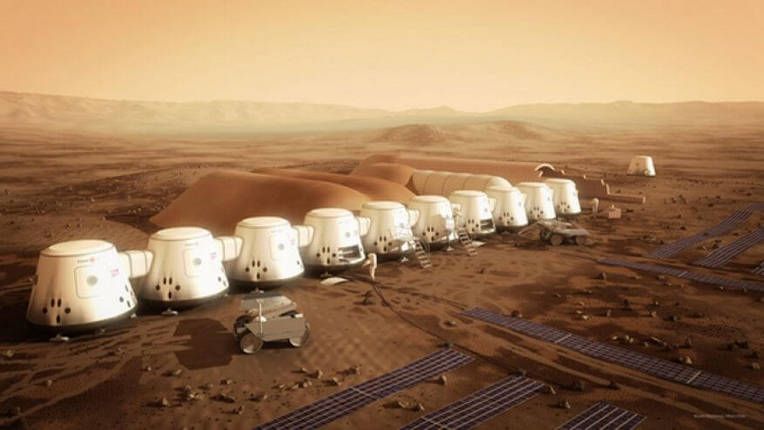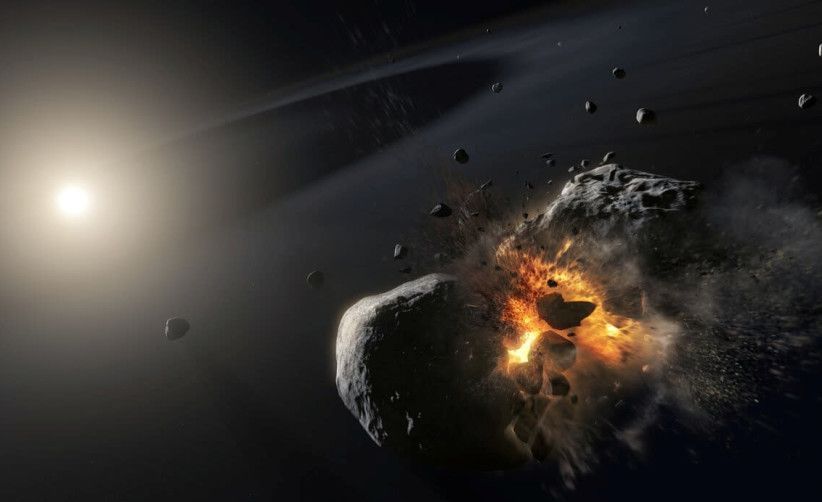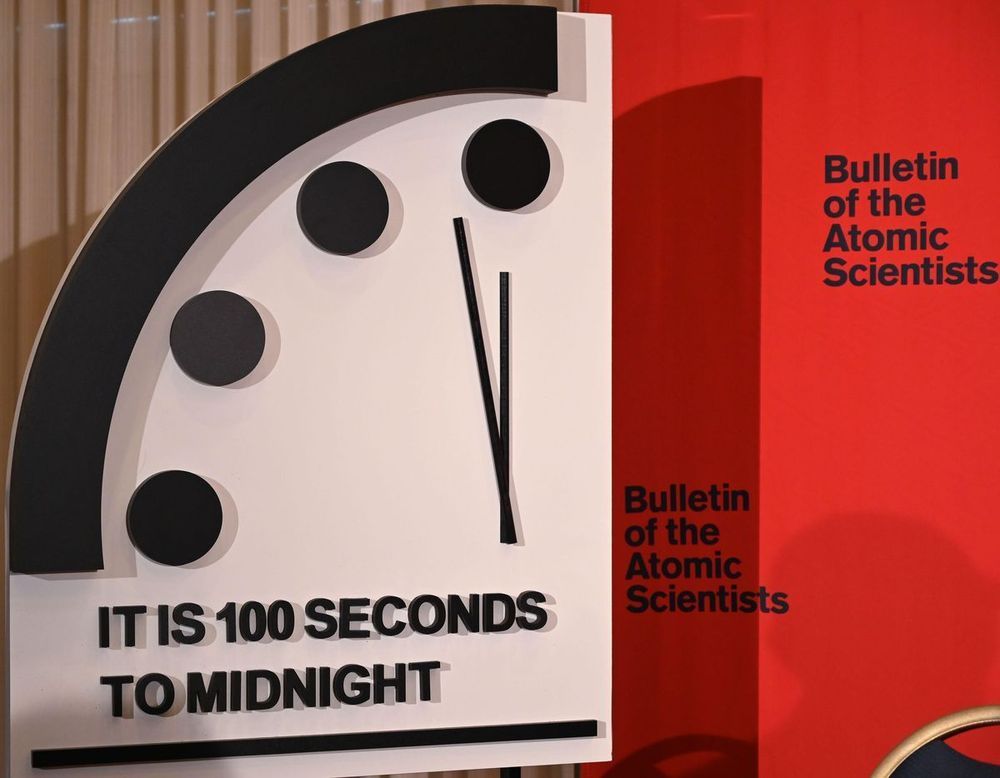Former astronaut Jeffrey Hoffman: For the long-term survival of our species, we have to become a multi-planet being.
With our rising planet’s population competing for space and resources, some people are convinced we need to look beyond Earth to help ensure humanity’s survival. As Elon Musk, the entrepreneur behind space tourism company SpaceX told Aeon’s Ross Andersen: “I think there is a strong argument for making life multi-planetary in order to safeguard the existence of humanity in the event that something catastrophic were to happen.”
Last month’s NASA and SpaceX successful launch of astronauts from US soil for the first time in almost a decade, has reignited discussion about space travel to Mars and beyond. Musk has been pushing Mars colonisation as extinction insurance for more than a decade now and he told Andersen that he would need a million people to form a sustainable, genetically diverse civilisation. Andersen reports:
‘Even at a million, you’re really assuming an incredible amount of productivity per person, because you would need to recreate the entire industrial base on Mars,’ he said. ‘You would need to mine and refine all of these different materials, in a much more difficult environment than Earth. There would be no trees growing. There would be no oxygen or nitrogen that are just there. No oil.’
I asked Musk how quickly a Mars colony could grow to a million people. ‘Excluding organic growth, if you could take 100 people at a time, you would need 10,000 trips to get to a million people,’ he said. ‘But you would also need a lot of cargo to support those people. In fact, your cargo to person ratio is going to be quite high. It would probably be 10 cargo trips for every human trip, so more like 100,000 trips. And we’re talking 100,000 trips of a giant spaceship.’






